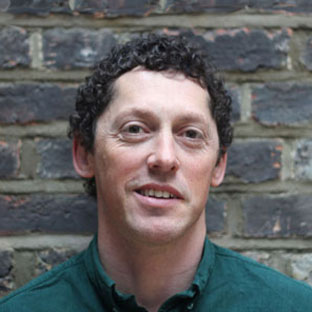When I was a primary school history coordinator (in those heady, deluded days before literacy and numeracy targets swept most other priorities away, and QCA schemes of work did the rest), I had the delightful job of planning a whole-school history scheme of work. One of the many attainment targets for history was for children to be able to ‘distinguish facts from opinions’ by the time they got to secondary school. Given their collective seniority and expertise, I am hopeful that the Education Select Committee has the same ability, even if some of their witnesses struggle with this distinction.
When asked this week by the Select Committee about the Academies Commission’s critique of some aspects of policy, former schools minister Nick Gibb claimed that the RSA had a ‘particular view’ and didn’t come from ‘neutral ground’. This contrasts to others who wondered aloud (via twitter) whether a commission led by an academy provider such as the RSA would ever be anything other than positive about academies.
These claims insult the independence of the commissioners themselves, and the process they led. The RSA’s Action and Research Centre, with the remit to act and think, show and tell, innovate and recommend, will constantly need to navigate healthy tensions between our practice and our research. In combining thought leadership and social innovation, we aim to create a virtuous circle between research and practice. The Commission's findings will inform how we develop our family of academies model, Working directly with these academies gives us insight to which areas of policy need exploring, and provides us with both inspiration for and reality checks on ideas for practical innovations. And the practical innovations we lead with larger numbers of teachers and schools, for instance through our Opening Minds framework and our Area Based Curriculum, also help determine our priorities for future RSA programmes of work.
At the same time, recent exchanges have caused me to reflect on that slippery word ‘evidence’. When committees or commissions ‘take evidence’, they are really collecting stories, some of which will be facts, others opinions. As Dylan William and others remind us all, evidence is not the plural of anecdotes. Stephen Gorard has distinguished between the legal use of evidence, which aims to push a single viewpoint, and the academic use, which, to quote Chomsky, aims to ‘tell the truth and expose lies’. In thinking about education, only the latter will do, alongside a recognition that most evidence is far less conclusive that we’d like (and the more rigorous the evidence, the less conclusive it will probably be, as Education Endowment Foundation-funded projects are likely to find out in the next few years).
After such a deep, rigorous progress, it’s a shame that admissions ‘gossip’ (as opposed to the carefully considered recommendations about admissions in the report) dominated media headlines. We hope that the RSA’s current project on in-year admissions, which will involve surveys and data collection, may help shed light on wider questions about the impact of academisation on admissions.
Those who still have influence over the future direction of academies have welcomed the commission’s findings and want to engage in serious discussions about next steps, Whatever people’s views on the Commission, lack of balance is not the issue. Whatever Nick Gibb said, the Commission was entirely neutral in its deliberations. Mind you, given Nick Gibb’s dislike of RSA Opening Minds, he would have said that, wouldn’t he?

Join the discussion
Comments
Please login to post a comment or reply
Don't have an account? Click here to register.
How can you dislike the RSA Opening Minds Framework? We are now teaching Shakespeare through Opening Minds as a result of our partnership with the RSA.
Joy Harris FRSA Adviser Arts Service Children's Education.
Thank you, Joe, for this very thought-provoking piece about evidence and truth. I particularly appreciate the quote about telling the truth and exposing the lies. I doubt whether there can be a more challenging mission statement particularly in the world of education. This is but one of many references that can be applied to the Model United Nations event where we are looking forward very much to your key-note speech.